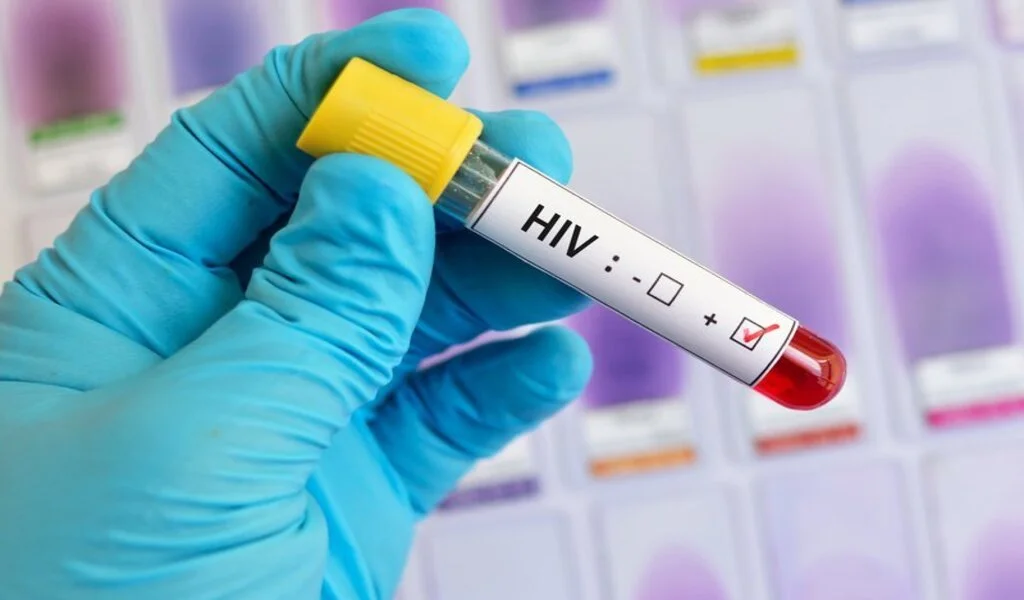Health
HIV Testing – Here’s What You Need To Know

(CTN News) – On the 27th of June, the world observes HIV Testing Day.
Millions of people around the globe continue to die from HIV/AIDS. Treatment, prevention, and healthy living can reduce the numbers, however.
Globally, 37.7 million people lived with HIV by 2020, according to the World Health Organization.
According to HIV clinician Gabaiphiwe Vena, everyone should be tested for the virus, regardless of whether they think they are at risk.
“Everyone should test and know their HIV status,” says Gabaiphiwe.
Even those who have tested negative for HIV can benefit from HIV prevention medicines such as pre-exposure prophylaxis (PrEP).
HIV Clinician: “If you are negative and would like to remain negative, we can put you on a pill called PrEP, which prevents HIV.”
You cannot, however, live a reckless life. Use of condoms, abstinence from sex, and never sharing needles are all effective ways to prevent HIV.
It is important to begin treatment as soon as possible if you are HIV positive, before your condition worsens.
“Being on treatment after learning your HIV status helps prevent opportunistic disease from finding its way into a compromised immune system,” says Gabaiphiwe.
It is because HIV weakens a person’s immune system. As a result, diseases will be harder to fight.
Misconceptions about testing for HIV
Gabaiphiwe says most people are still afraid to test for HIV.
Even when their tests come back positive, some people believe the results are false, says the clinician.
Others believe that if they test, the results will automatically be positive.
It is important to get tested and know your HIV status when you are testing. They believe that just by testing, they will attract HIV. This is not true. You cannot attract HIV just by testing.
“Delaying may lead to further damage from other opportunistic diseases. So the sooner you test, the better,” says Gabaiphiwe.
The most important thing to remember is that professional mental preparation is done to prepare you for the outcome of the test.
According to Gabaiphiwe, there is pre-counseling during the test as well as post-counseling after the results are received.
According to the clinician, a history of sexual partners and those who may have been exposed to the virus will be taken into account. You may be able to save the lives of those in your circle who were unaware they were at risk.
Related CTN News:
















![Play Online Blackjack In Australia [2024]: Top 10 Online Australian Blackjack Sites 15 Play Online Blackjack in Australia [2024]: Top 10 Online Australian Blackjack Sites](https://www.chiangraitimes.com/wp-content/uploads/2024/03/word-image-303235-1-80x80.jpeg)













